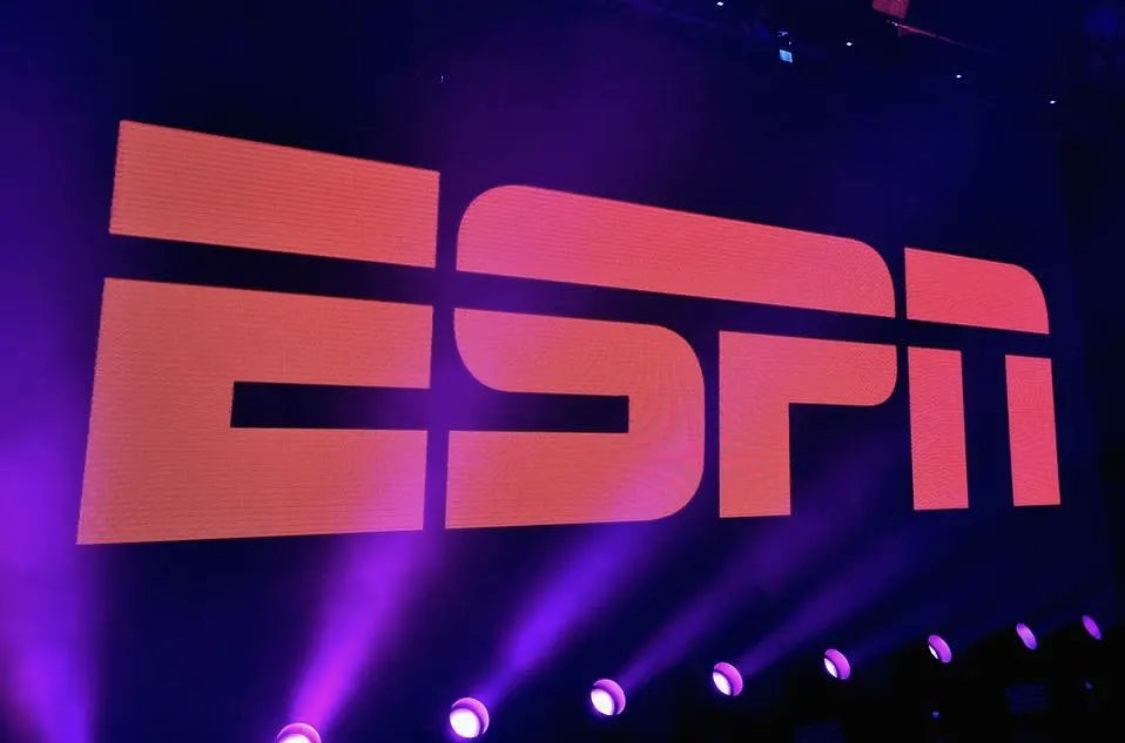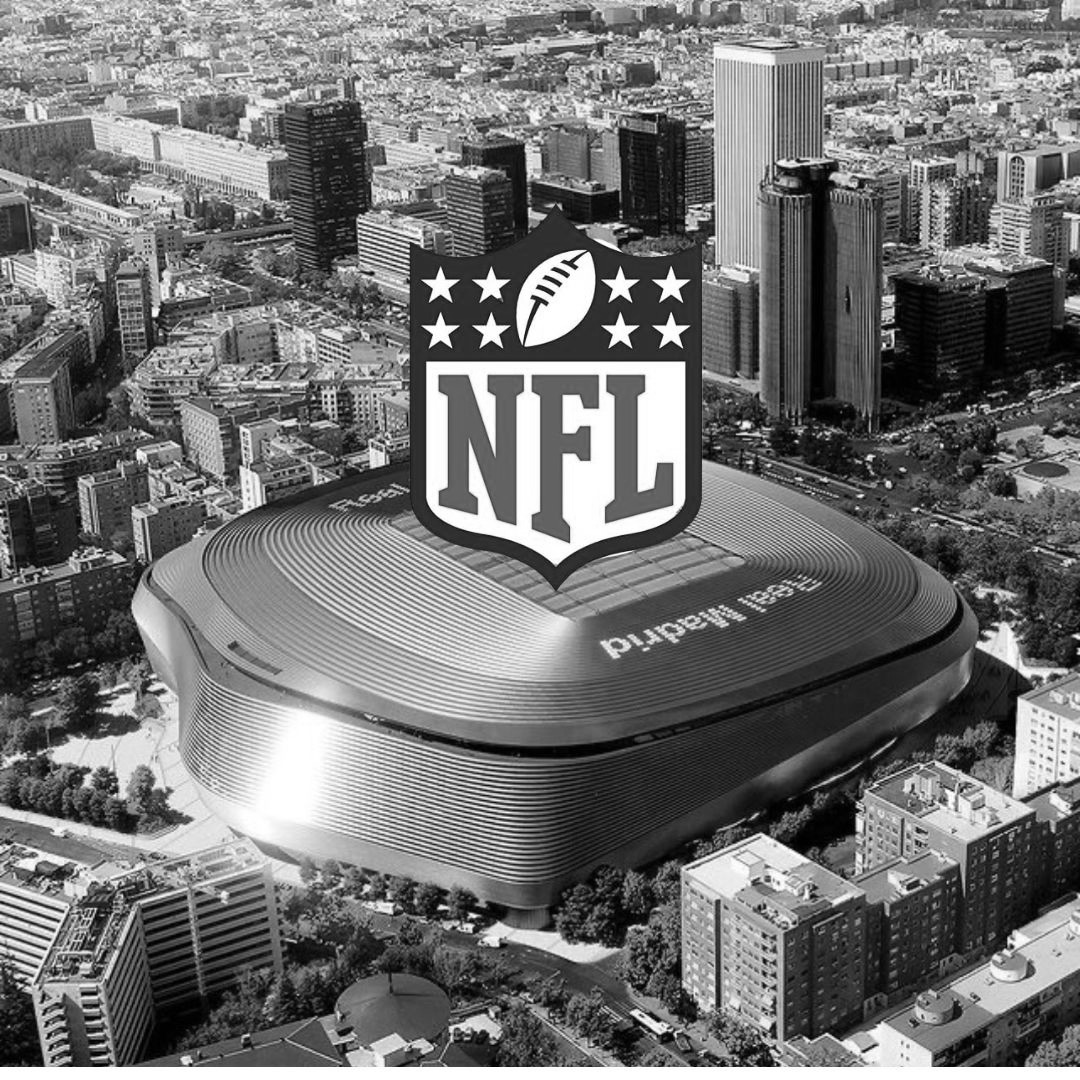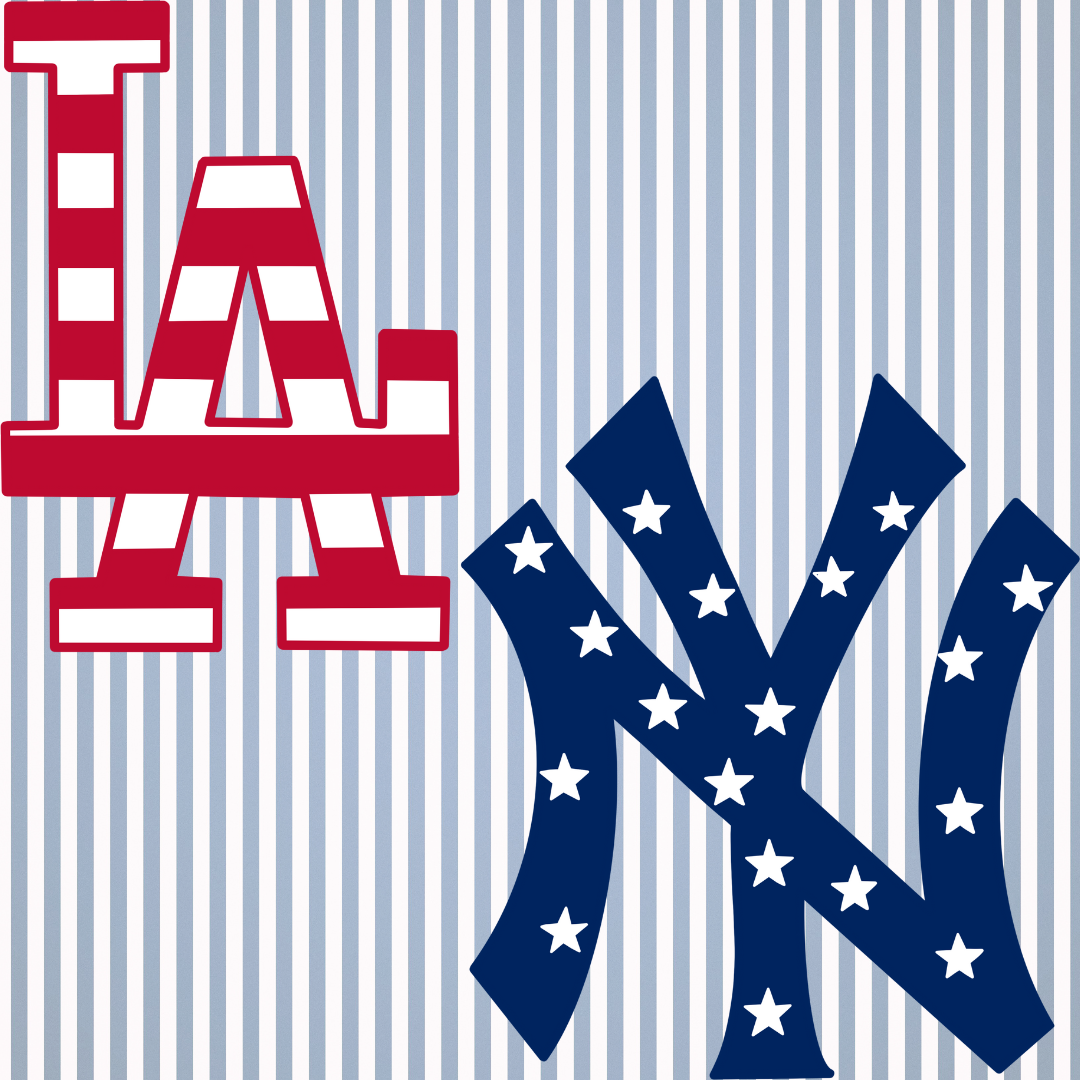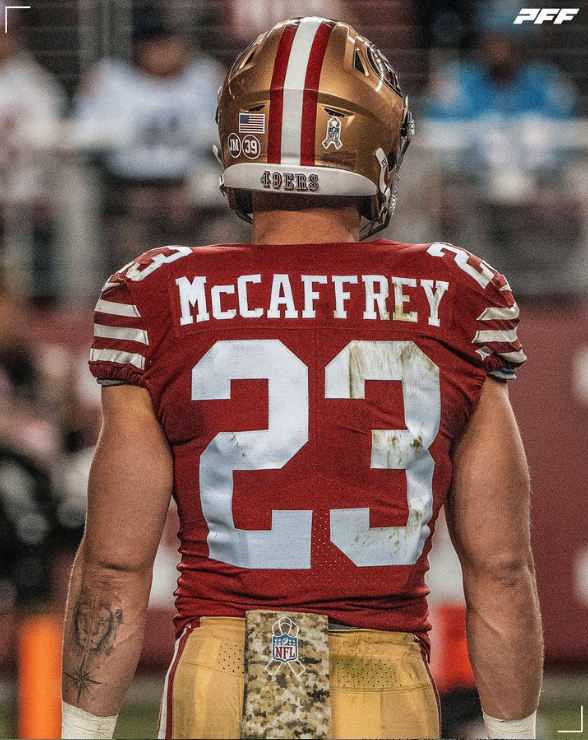There are times in the world of sports when a stark solemnity seemingly consumes all, with athletes and fans alike being invited to engage in a pregnant moment of meditation on sports’ current ontological status. Damar Hamlin’s terrifying collapse and Lou Gehrig’s eternal coda are poignant examples of these brief, yet unforgettable instances when the sports world was forced to reckon with what it was, what it offered and what it took away. In my jaded eyes, the events of Aug. 8, 2023 should have joined the ranks of these landscaping-defining moments, yet their significance has seemingly been ignored or swept away into a proverbial closet where the general public will fail to find them.
For those unfamiliar with this less than infamous date, Aug. 8 was the day that ESPN officially gave the public the first look at their new venture: ESPN BET. This “first look” is better categorized as a terribly brief and vague article posted on ESPN.com that declared that ESPN had signed what they are calling “a licensing deal” with Penn Entertainment — a well-established player in the gambling scene that boasts 43 casinos and racetracks nationwide plus a “robust [online] sports betting presence” to their name — to rebrand Penn Entertainment’s already established sportsbook into an entity bearing the culturally pervasive ESPN branding. As part of this agreement, Penn Entertainment is to pay ESPN $1.5 billion in cash over the next 10 years, as well as provide ESPN the funds to purchase around 31.8 million common shares of Penn. It is this last detail of the deal, ESPN being now a prominent investor in Penn Entertainment, that is absolutely critical to note, as it implies that ESPN could further its financial gain in the deal should the sportsbook find great success. Thus, ESPN is not simply being paid to acquiesce the license to their branding, but the “World Wide Leader in Sports” has now actually become a bookie.
This direct financial interconnectedness between ESPN and a sportsbook makes this whole situation so unfathomably dangerous, as it means that those who will be sharing in the profits collected from “missed bets” will be the same ones creating the influential narratives that led to those very same “missed bets.” Elaborating on this, ESPN has built what is essentially a monopoly in the sports media industry, with most fans relying on the media conglomerate for anything and everything sports-related: who is injured and how badly, in what direction are teams trending, what gameplans teams plan to use, etc. It is this sort of information that undeniably drives people’s betting habits, as the “informed bettor” likely pays attention to these sorts of narratives in a sort of holistic approach that takes into account all the possible factors.
This then begs the question: what stops ESPN from pushing blatantly false narratives in order to manipulate betting lines and betting patterns? For instance, what prevents the network’s journalists from falsely reporting that a team is banged-up so as to drive betting traffic towards their opponent that, in all reality, does not have much of a chance? What keeps the network’s announcers from making statements like “the away team looks tired and rattled, you would have to imagine that the home team will pull this one out,” that nudge bettors towards placing money on the most profitable outcome for the sportsbook? It certainly will not be morals and/or ethics, as ESPN is notorious for already manipulating narratives in order to cultivate a sense of drama that increases viewership. More importantly, however, it will also not be legal consequences, as there is no legislation pertaining to this dangerous situation (due in part, I may note, to the fact that nobody ever thought a company would engage in such egregious misconduct). Thus, it seems that ESPN is free to play the role of cunning bookie all they want, using their veil of legitimacy to drive individuals into their financial demise.
The use of the word “demise” here is no exaggeration or hyperbolic ploy, as this tale has genuine, real-world consequences. Real people are going to lose big amounts of real money, with many of these folks not having the financial stability to have bet their money in the first place. Sure, some lucky individuals will win big here and there, but the saying “the house always wins” exists for a reason. Especially concerning is Caitlin Huston of the Hollywood Reporter’s report that Disney CEO Bob Iger’s made comments in a recent earnings call that amounted to the idea that ESPN BET will look to attract an audience of younger gamblers: those with the sorts of easily persuadable sensibilities that would fall victim to false narratives. Thus, this seems to be a Dantain nightmare in every sense of the word, with a product that has been mandated by federal authorities to be promoted no differently than cigarettes — having to always be accompanied by visible warnings and helpline numbers — becoming ever more exploitative and pervasive.
What has been especially incomprehensible about this situation is the distinct lack of discourse surrounding it. There are so clearly monumental stakes present here, yet nobody says a thing. This is a move that will dramatically shift the sports landscape, yet it is being so subtly ushered into the shadows that nobody will pay it any attention until lots of decent people will find their bank accounts barren. We sports fans are venturing into murky waters that will soon become our financial grave lest radical change and pushback is brought about.












































































































































































































